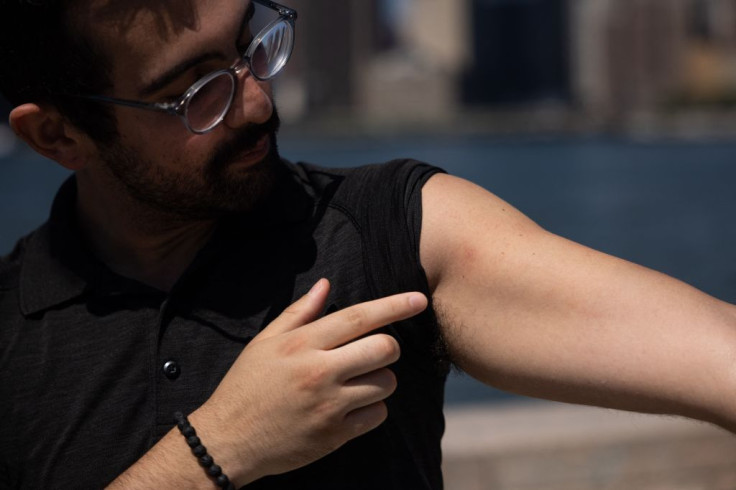'No Vaccine Is 100% Effective,' CDC Says As Mpox Spreads Among Vaccinated

The Centers for Disease Control and Prevention (CDC) has issued a warning amid the uptick in mpox cases in the Chicago area. The public health agency has also continuously urged the public to get vaccinated even though new cases have been reported among those who received the shots.
In its guidance for mpox infections, the CDC clarified that no vaccine could yield 100% efficiency against pathogens they are designed to target. So even though new cases were reported among the vaccinated, it is still advocating for the public to get the mpox vaccine.
"More than 50% of cases in the cluster have been reported in people who have been previously vaccinated. Getting vaccinated is still very important. No vaccine is 100% effective, and infections after vaccination are possible, but they may be milder and less likely to result in hospitalization," the CDC said.
The agency also highlighted some points why people should get the two-dose JYNNEOS vaccine for smallpox and mpox — formerly monkeypox. Among the reasons it cited was making the spread of the virus less likely.
The CDC also strongly encouraged those at high risk to get vaccinated to lower their chances of contracting severe infection, which could lead to hospitalization and even death.
The agency said the at-risk population includes those who have a sex partner diagnosed with mpox, LGBTQ+ individuals who have sex with men or transgender people and those who have more than one sexual partner. Meanwhile, only those who had a severe allergic reaction after getting the first dose are discouraged from completing the series.
Earlier this month, World Health Organization (WHO) Director-General Tedros Adhanom Ghebreyesus announced that mpox could no longer be considered a public health emergency after the medical community noticed an almost 90% decline in global cases in the past three months.
At the same time, the WHO chief stressed the importance of maintaining surveillance and response capacities even though mpox was no longer a public health concern.
Last week, the CDC issued a public health warning about the possible resurgence of mpox this summer after collecting data showing ongoing community transmission in the U.S., especially in the Chicago area, where an uptick was reported.
The CDC said in March that mpox could resurge later this year and start a new wave of infections since there had been a lack of effort to vaccinate high-risk people.
Published by Medicaldaily.com



























